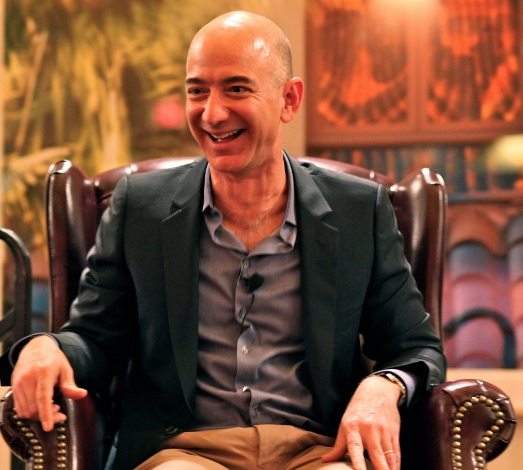
June 15, 2017; New York Times
Request for ideas… pic.twitter.com/j6D68mhseL
— Jeff Bezos (@JeffBezos) June 15, 2017
Yesterday, the very rich Jeff Bezos of Amazon tweeted out to his 222,000 followers that he would like a little help in the form of suggestions for philanthropic giving. Although he did not say how much he wants to spend, he did express his preferences in terms of the type of projects he wants to support: “I’m thinking I want much of my philanthropic activity to be helping people in the here and now—short term—at the intersection of urgent need and lasting impact.”
Sign up for our free newsletters
Subscribe to NPQ's newsletters to have our top stories delivered directly to your inbox.
By signing up, you agree to our privacy policy and terms of use, and to receive messages from NPQ and our partners.
Going even a bit further, Bezos cited a commitment made by Amazon to Mary’s Place, a shelter for homeless families, and he received 3,600 responses in the first five hours.
This philanthropic approach and the focus on Mary’s Place appear to be a departure from some larger projects he has blessed with his household’s disposable income. He has put money into other things he considers to be civically important, of course, like the Washington Post and Blue Origin, his for-profit space company, but even in terms of formal philanthropy, his family has donated $1 million to the Committee to Protect Journalists; $15 million to Princeton University, his alma mater; and $35 million to the Fred Hutchinson Cancer Research Center in Seattle.
Bezos, of course, is worth somewhere in the neighborhood of $80 billion, so many have been keeping their eyes peeled for some hint of his larger philanthropic interests. He has avoided signing on to the Gates/Buffett Giving Pledge and has only given away approximately $100 million to date, which the New York Times points out is around one tenth of one percent of his wealth. In fact, some have been critical, accusing him of not showing up. (The Times observes that he also seems open to for-profit approaches to social problems.)
But, we will be straight with you: There are virtually no clear signals here, so why not just take the man at his word and let him know what you think he might want to do with all that disposable income.—Ruth McCambridge












